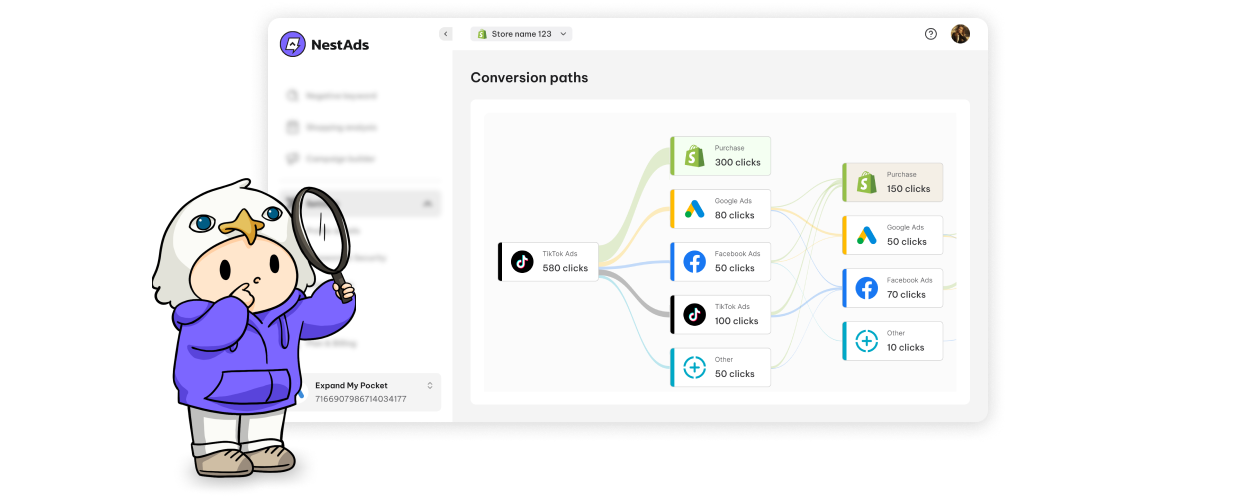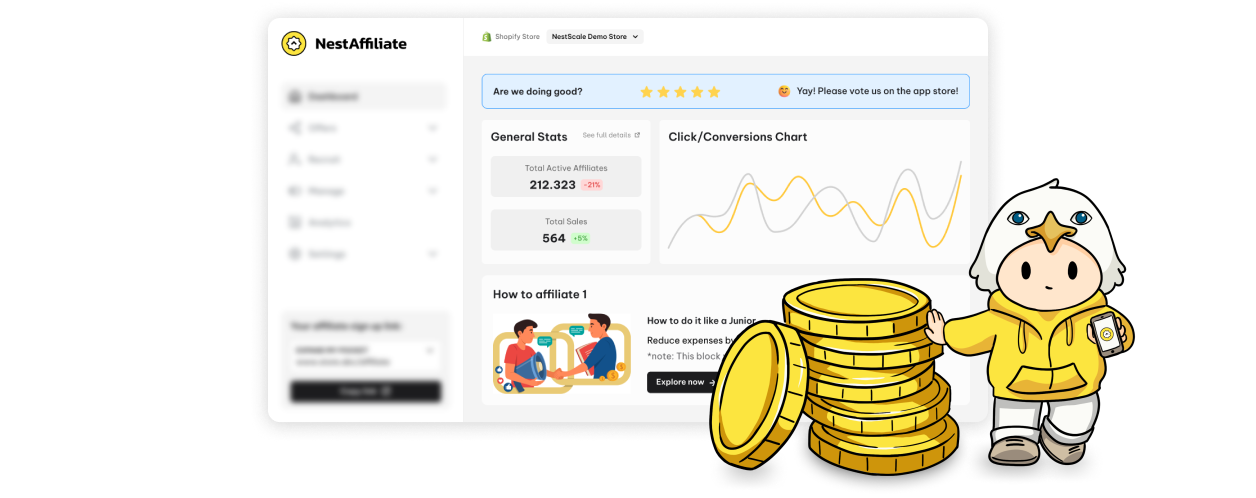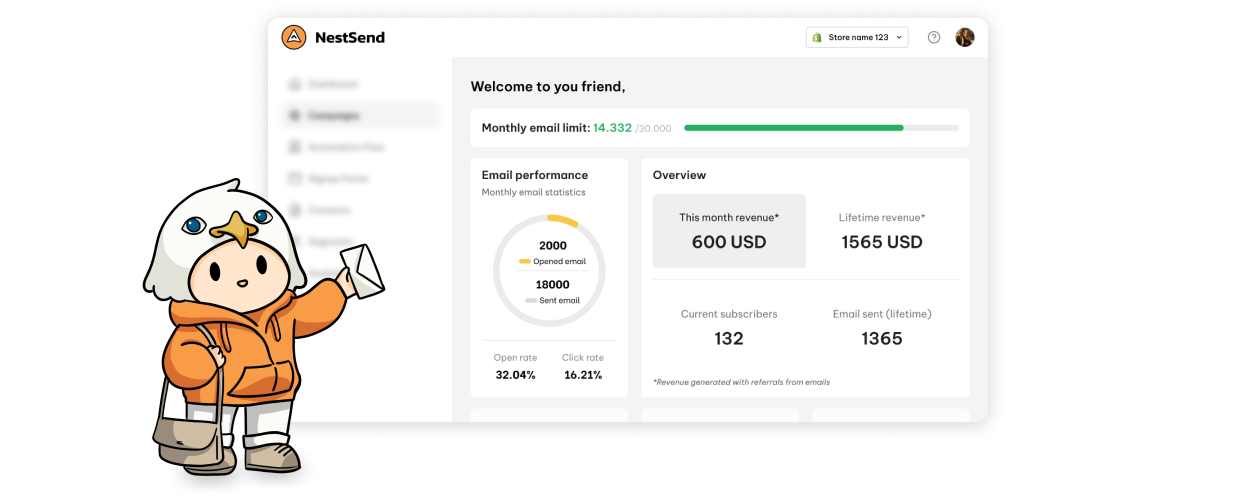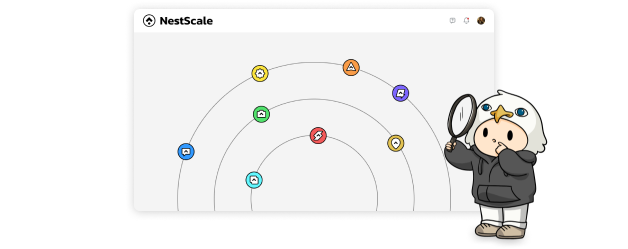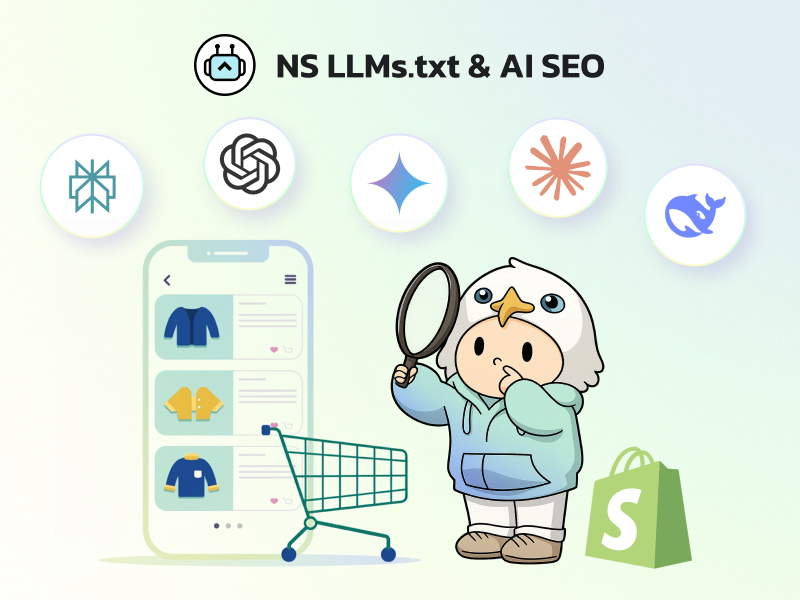What is offline attribution?
Offline attribution (or Online to Offline attribution) is the process of linking offline conversions, such as in-store purchases, phone calls, or event sign-ups, to online marketing efforts. By measuring the impact of digital campaigns on offline actions, businesses can gain a holistic view of how their marketing strategies drive actual outcomes.
For example, if a Facebook ad campaign leads customers to visit a physical store and make purchases, offline attribution identifies the connection between the ad and those sales.
Why is offline attribution important?
This process offers several key benefits:
- Improve ROI tracking: Businesses can accurately measure the effectiveness of digital campaigns in driving offline sales.
- Enhance customer insights: Marketers gain a deeper understanding of customer behavior across channels.
- Optimize marketing spend: Insights from offline attribution help allocate budgets to the most effective campaigns and channels.
If you have physical stores or hybrid business models, offline attribution makes sure that no sales channel is overlooked.
Effective strategies for offline attribution
Unlike online conversions, it becomes more challenging to measure offline conversions accurately and effectively:
- Customer data is siloed across systems, hindering a unified view of online and offline activity.
- Offline actions lack built-in tracking, relying on indirect methods (e.g., promo codes, surveys) that may miss key data.
- Combining online and offline models is challenging due to multiple touchpoints in the conversion process.
However, you can overcome those challenges by implementing strategies that connect online efforts to offline outcomes. Here are some strategies you should try.
Geolocation targeting
Use geolocation data from mobile devices to identify store visits driven by online ads. For example, a coffee shop might track customers who saw a Facebook ad and later visited a specific location.
Promo codes and coupons
Provide unique promo codes or digital coupons that customers redeem in-store. By linking codes to specific campaigns, businesses can track offline conversions.
Surveys and customer feedback
Ask customers how they discovered the store or product during checkout or through post-purchase surveys. Surveys can capture direct feedback about the influence of digital campaigns.
5 most important metrics for online to offline attribution
- Store visits: Direct measure of online campaigns driving foot traffic.
- In-store purchases: Links online efforts directly to offline revenue.
- Online to offline conversion rate: Shows the effectiveness of online campaigns in driving offline actions.
- Cost per visit (CPV) / Cost per acquisition (CPA): Measures the cost-effectiveness of generating offline outcomes.
- Return on ad spend (ROAS): Shows the profitability of online to offline campaigns.





